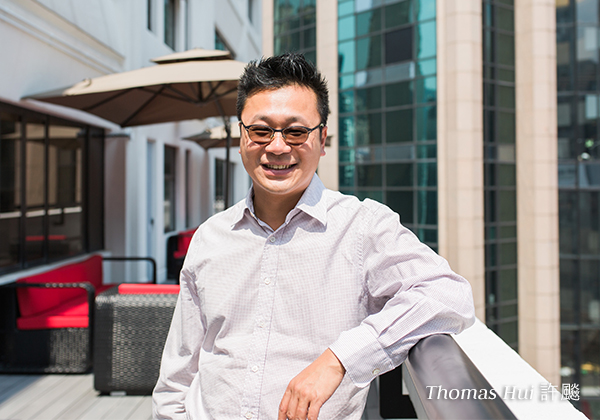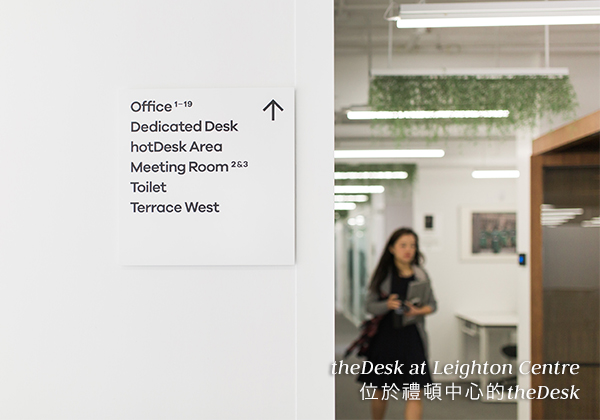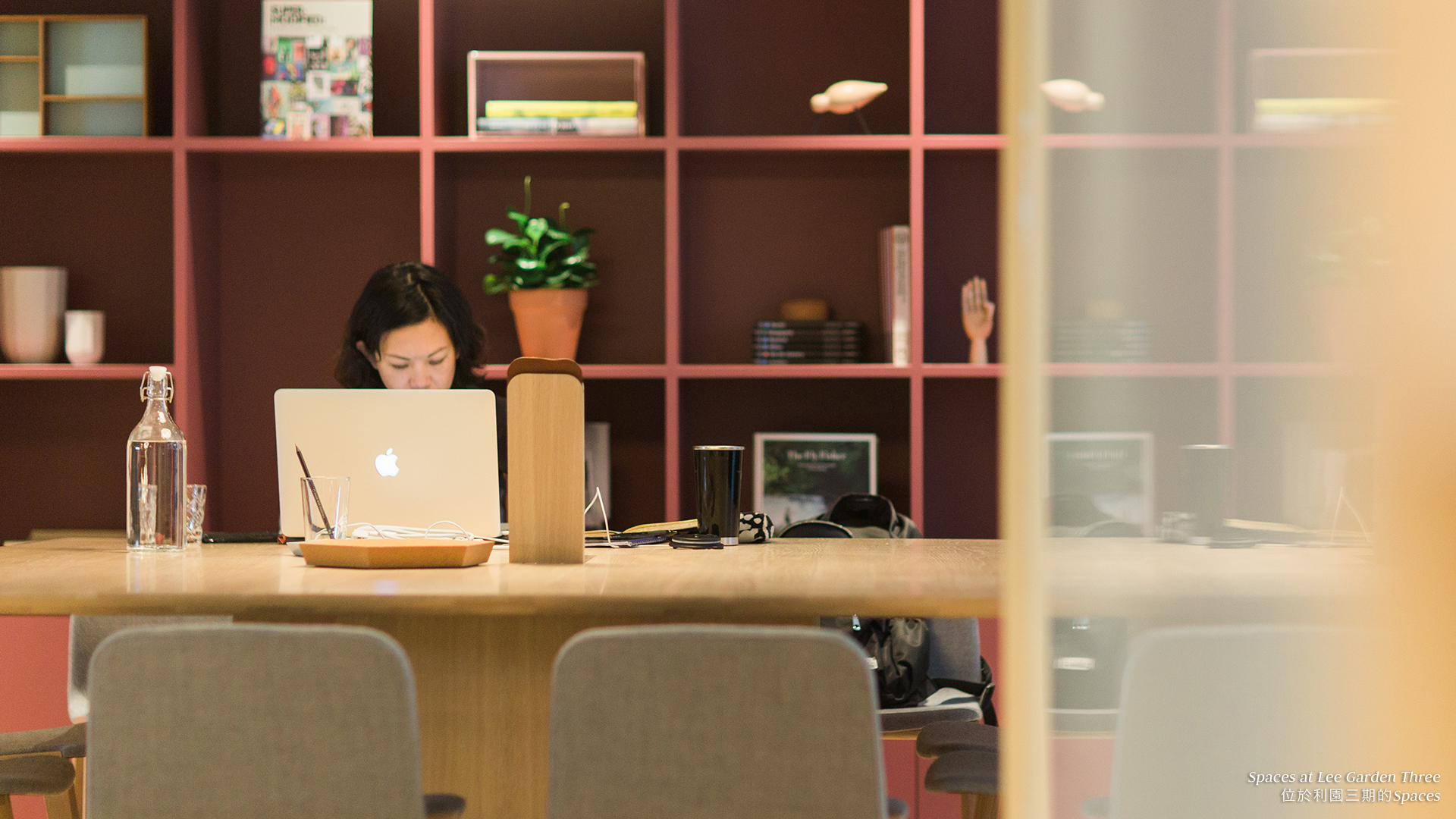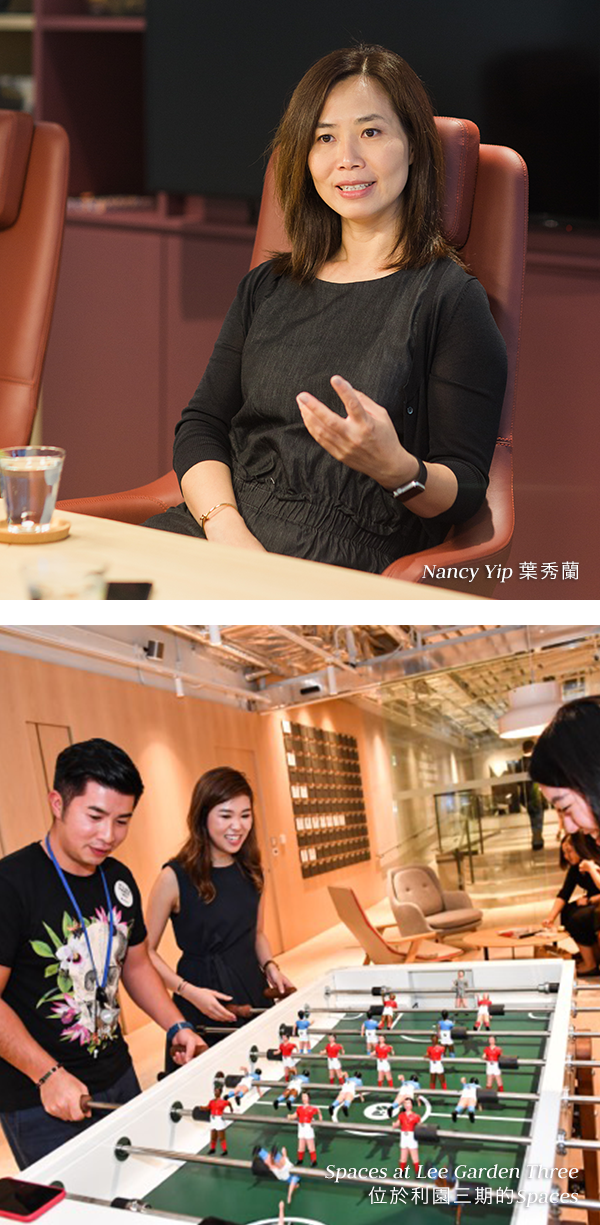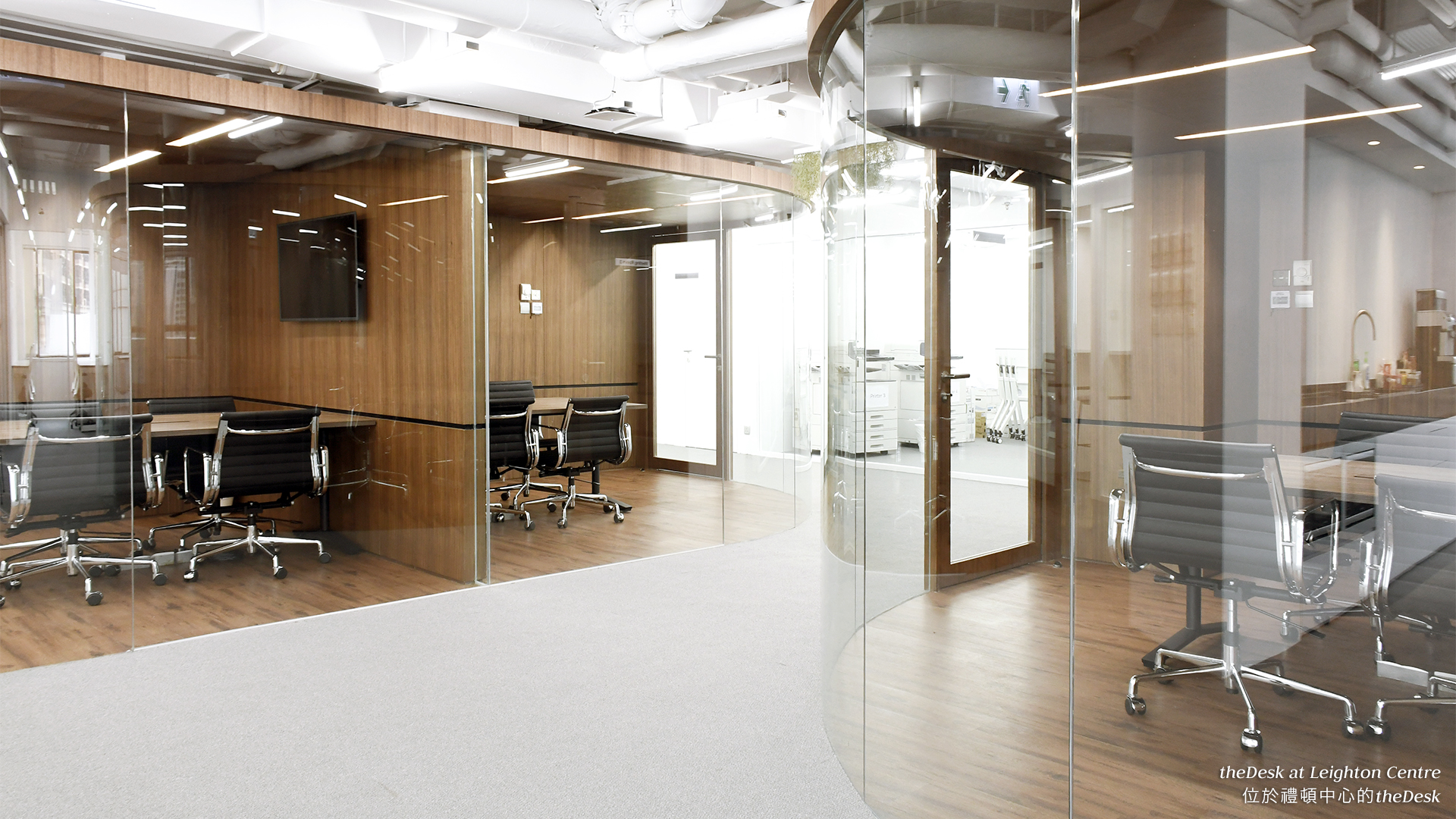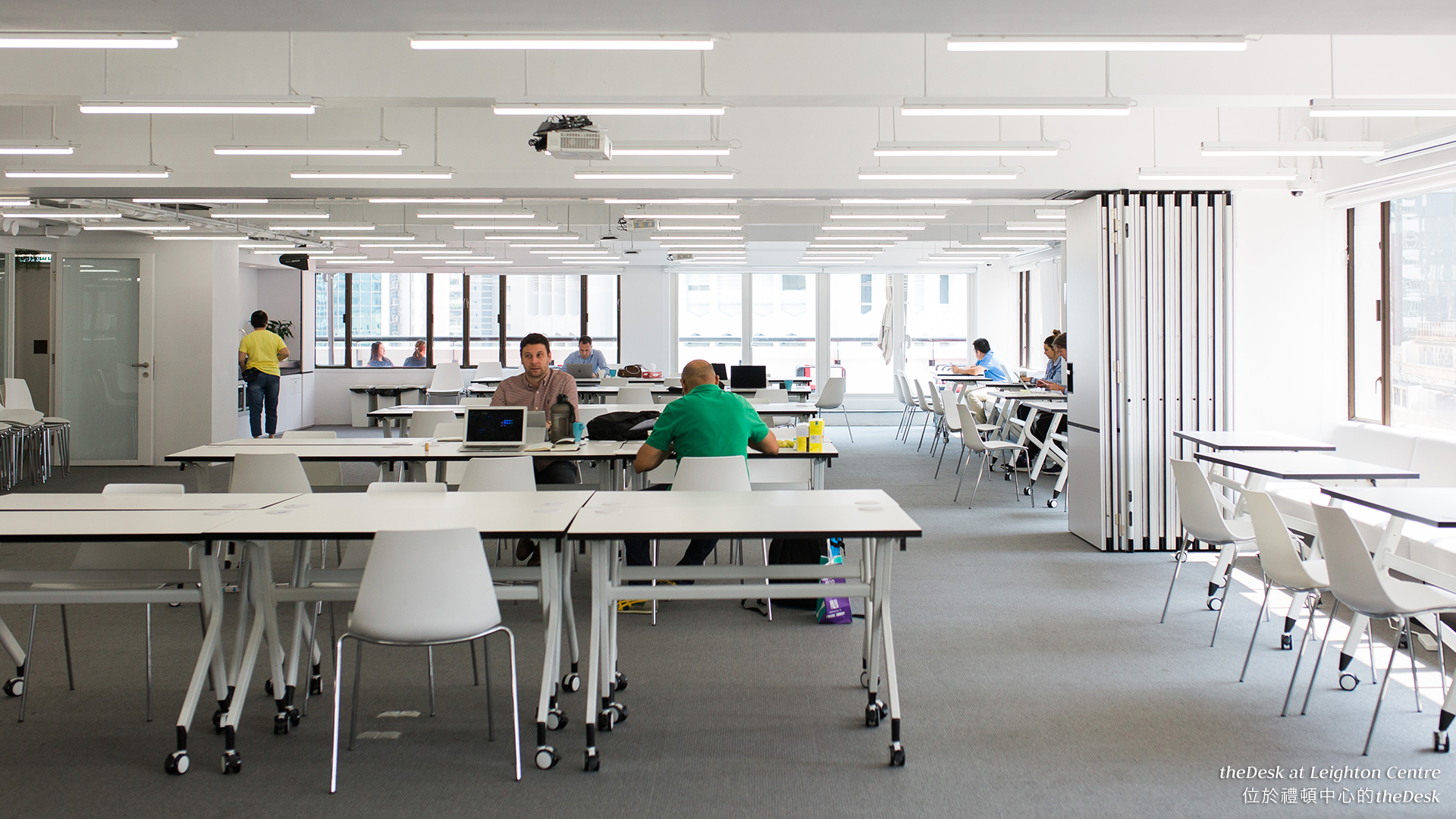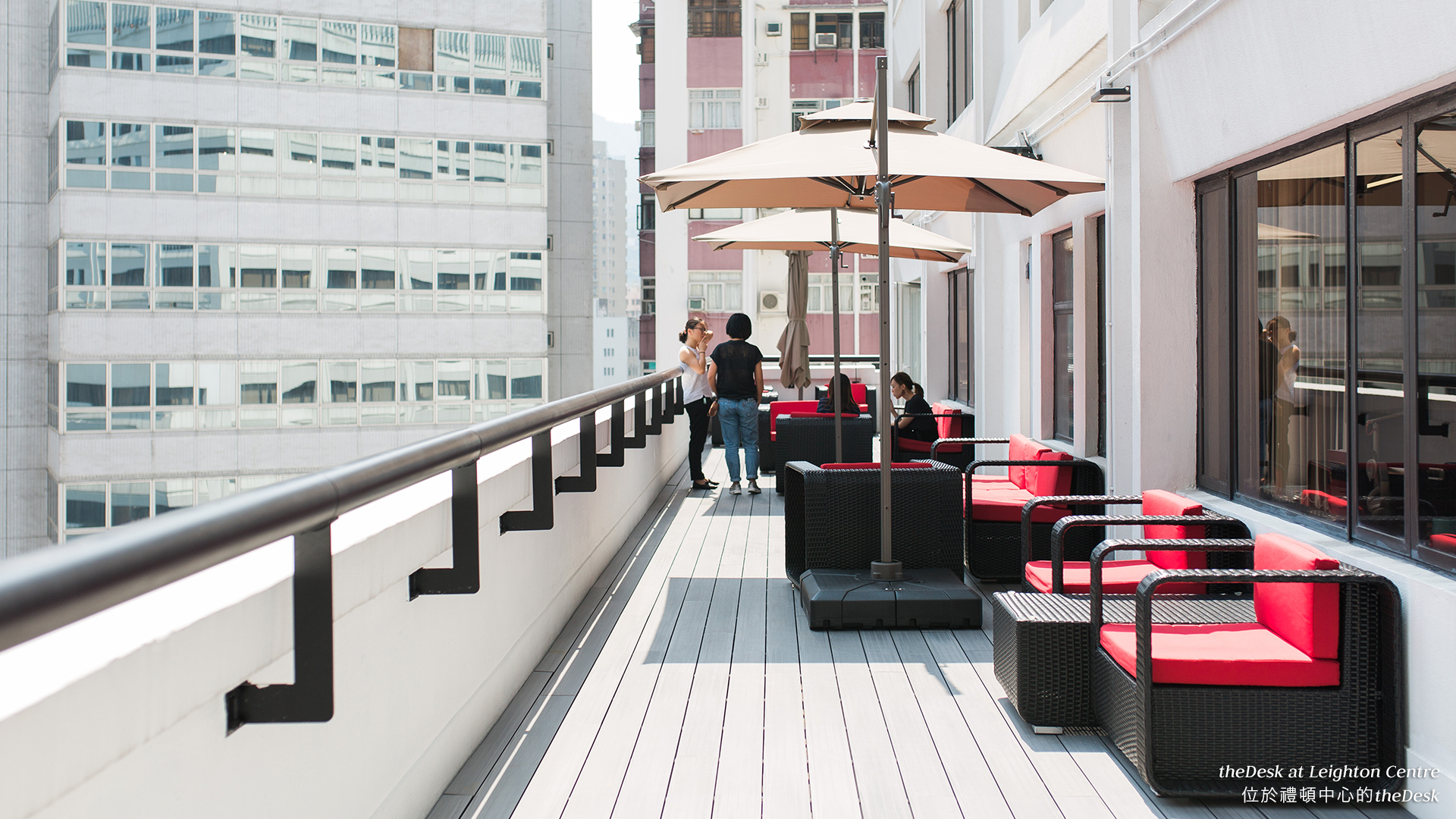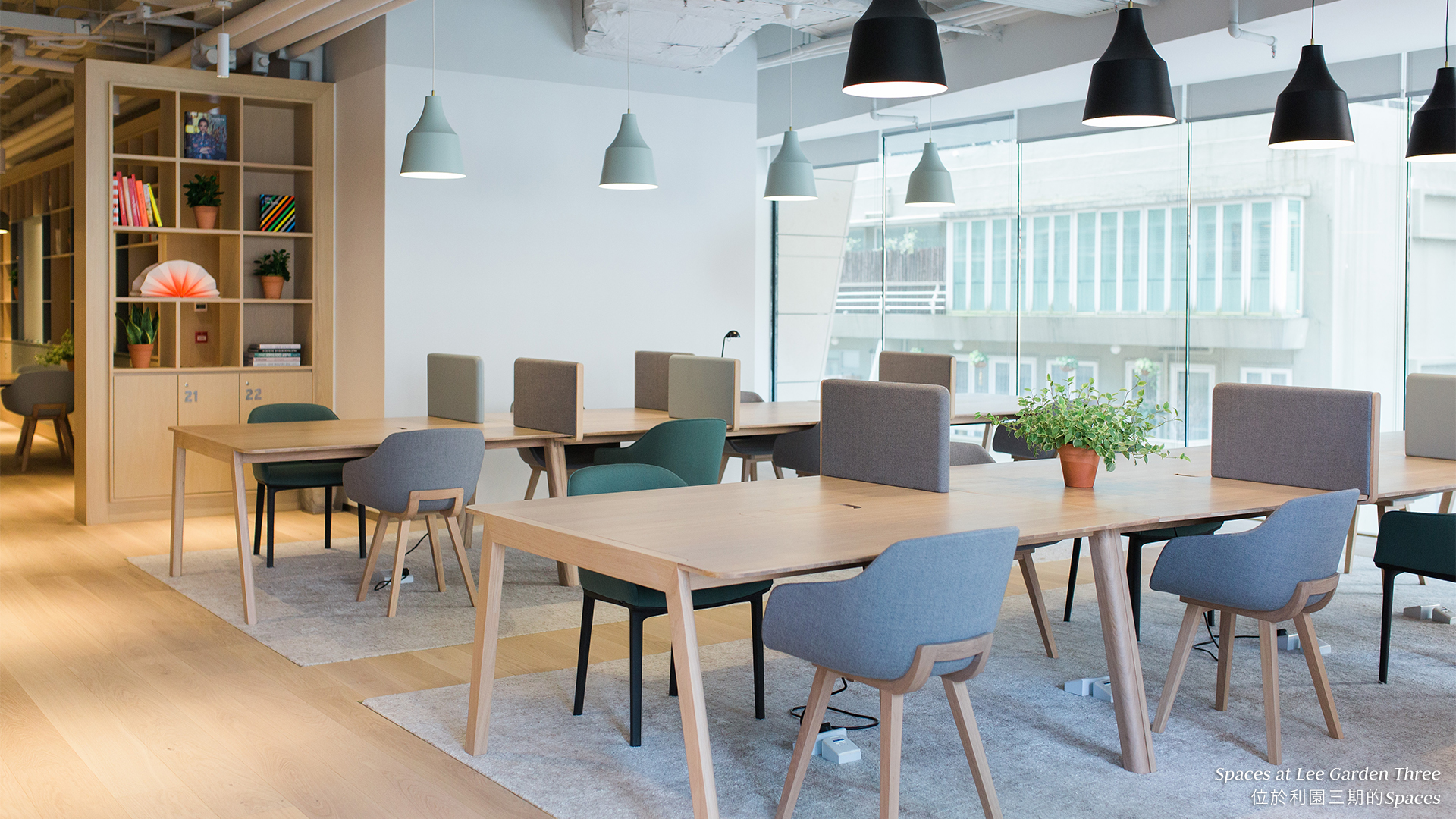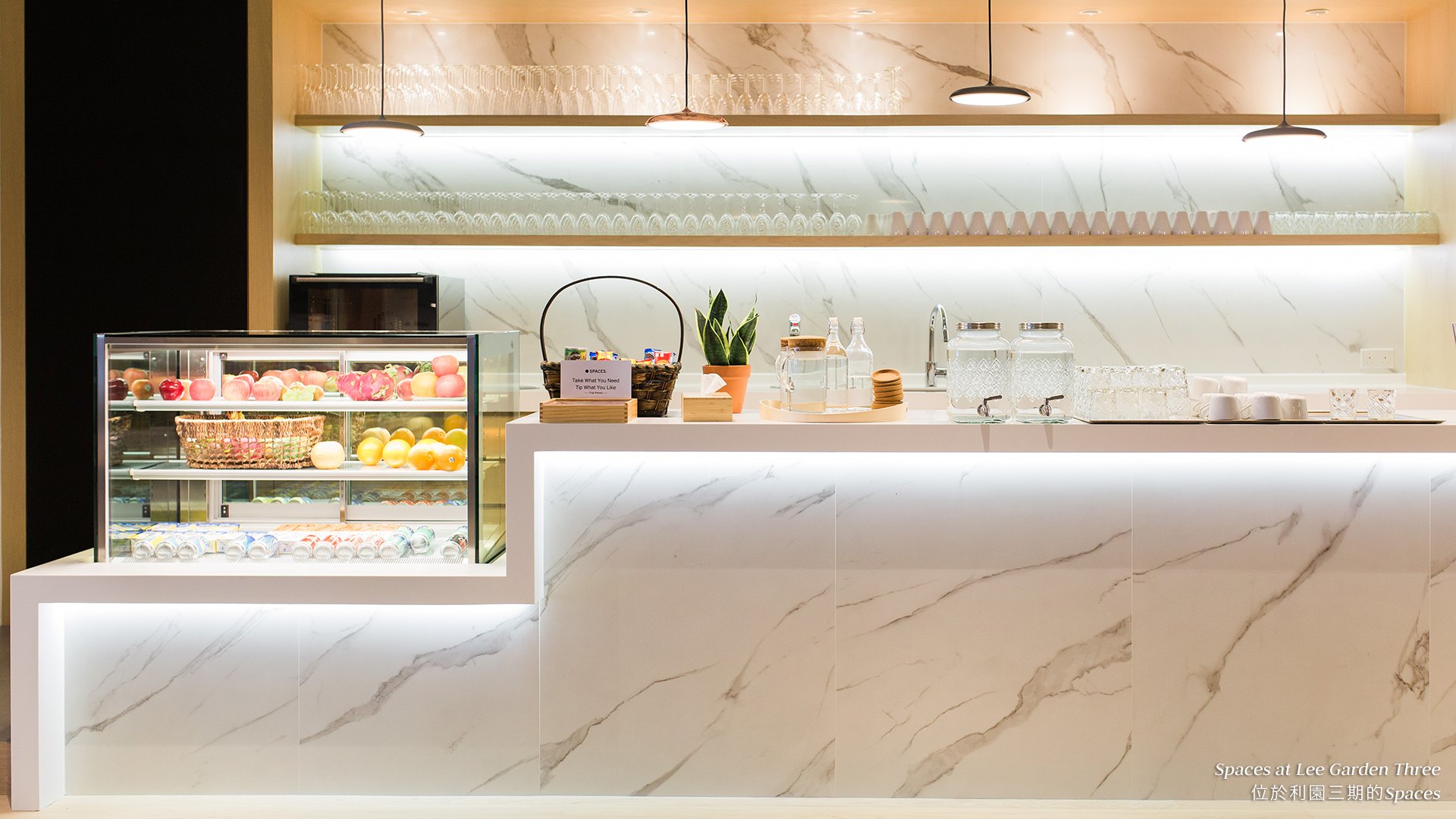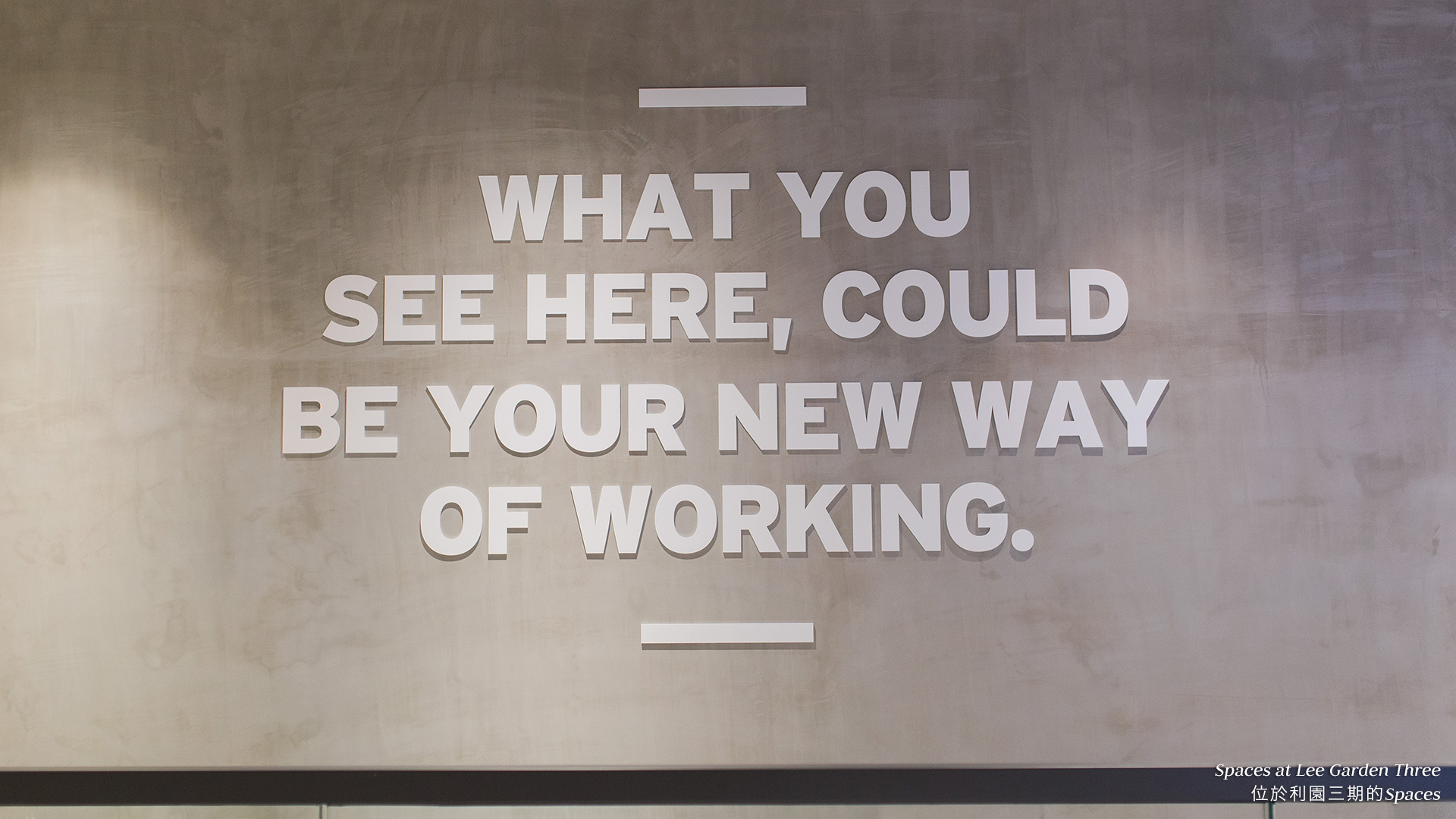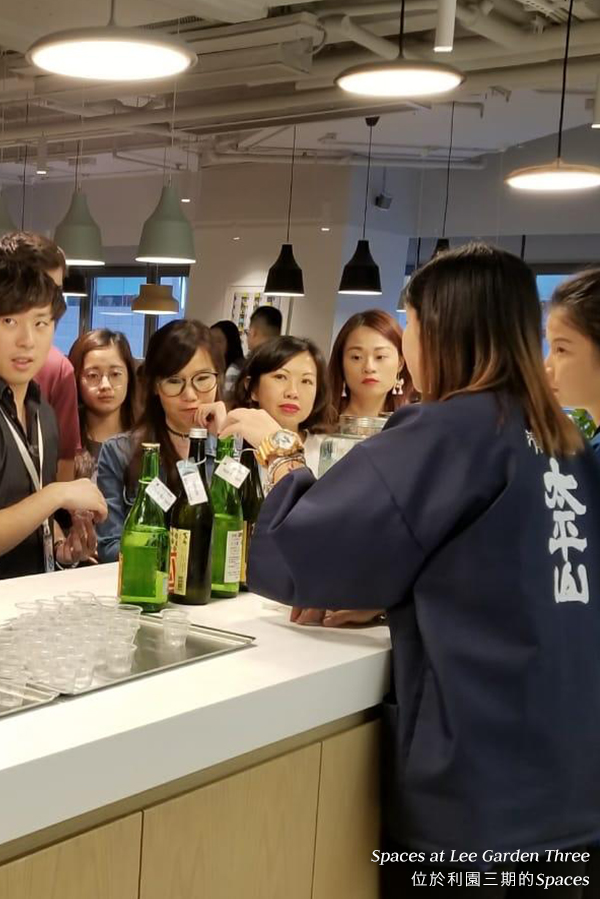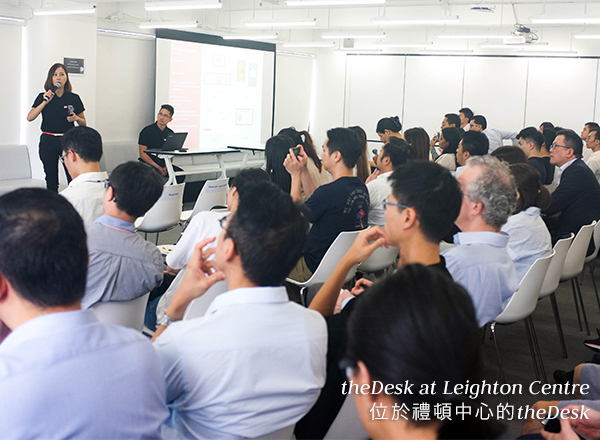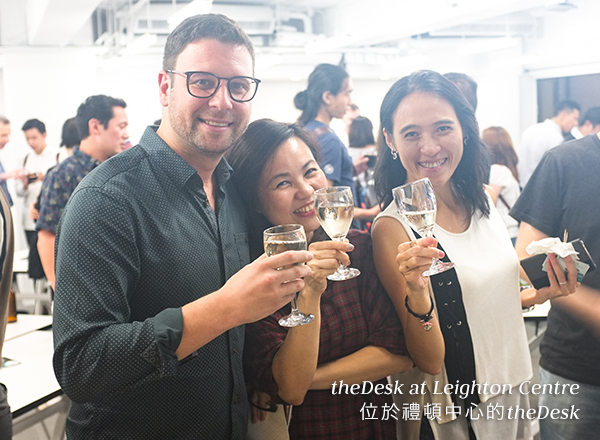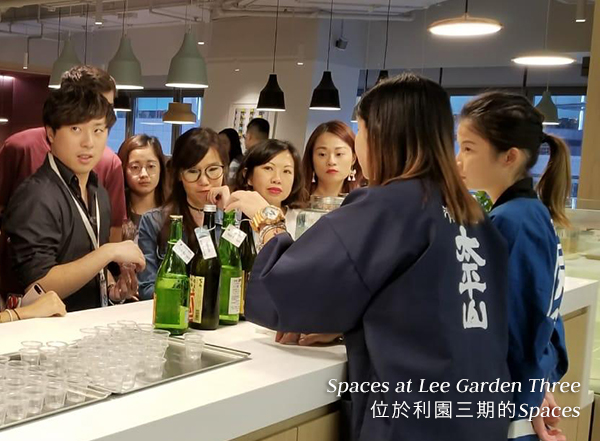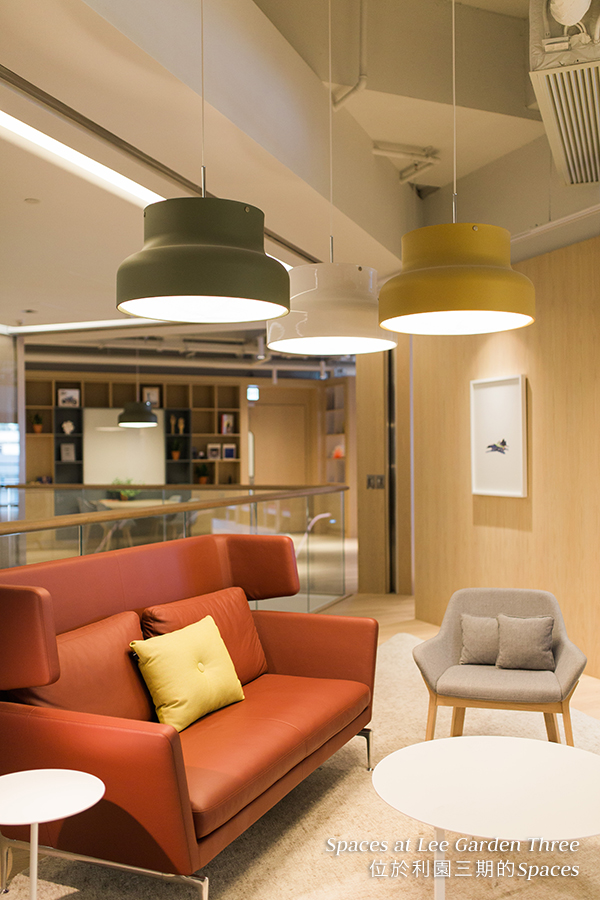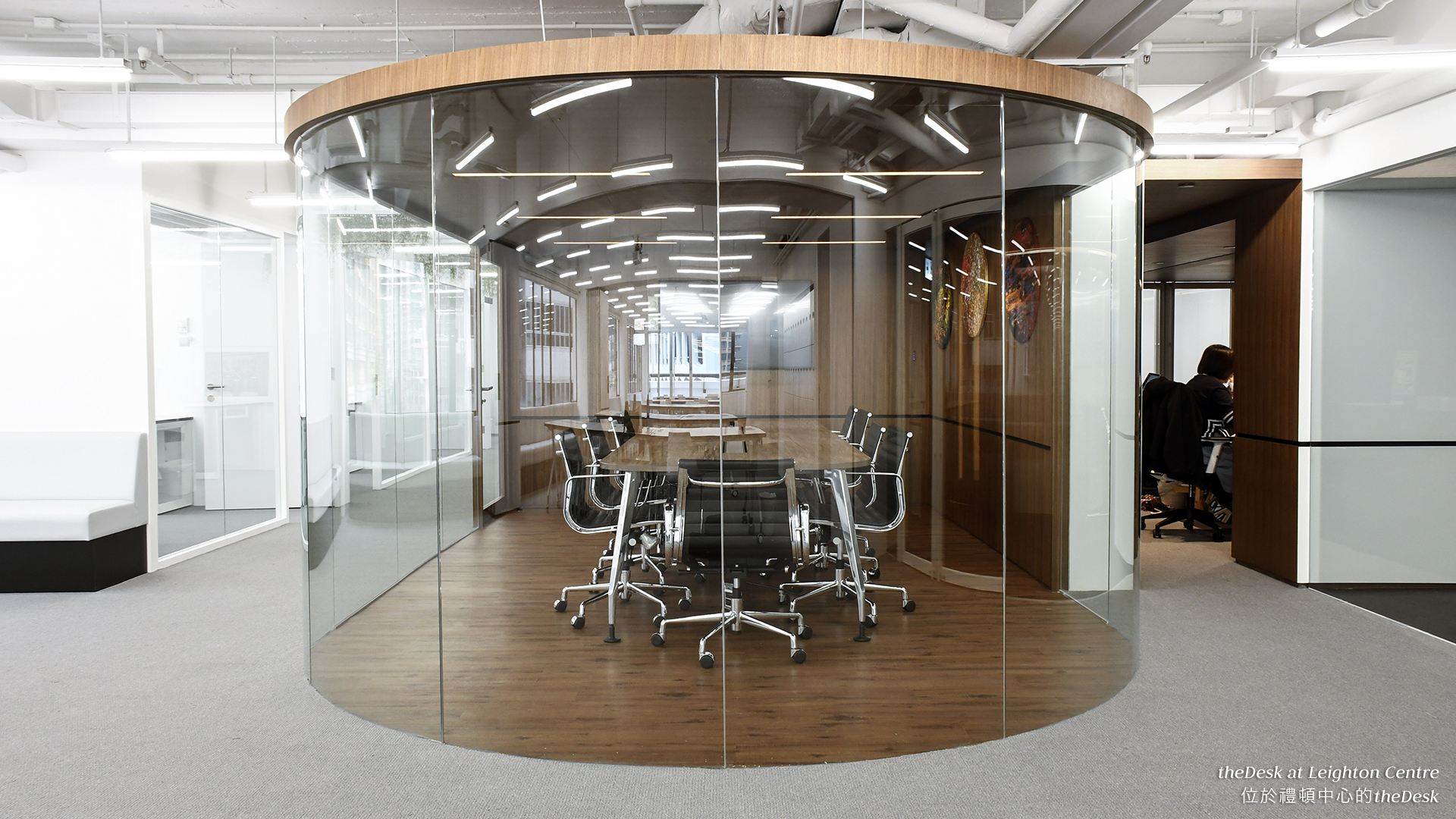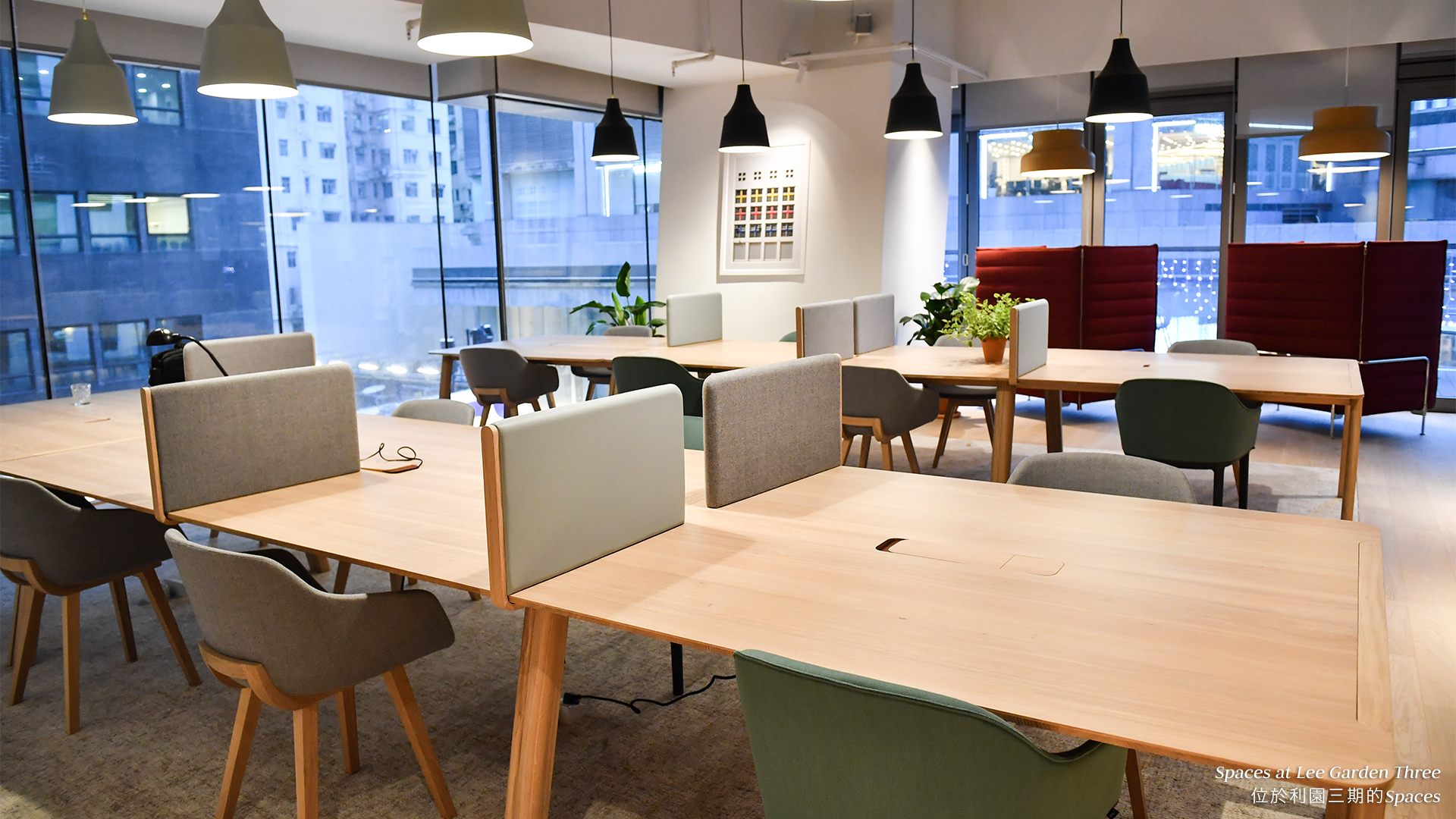“A lot of companies know that if they put people that need creativity and innovation in a community where they can enhance their learning and their collaboration, their business will improve.”
Despite new players entering the co-working market every day in Hong Kong, Nancy believes that co-working has not reached its maximum potential yet. “Co-working isn’t just for one-person or small-scale companies. For companies expecting rapid growth over the next few years, or international companies looking to instantly establish a footprint in Hong Kong, co-working is their perfect option. What we do at Spaces is provide an environment which supports these companies that are looking to scale up, no matter whether they are 3 people or 30.”
For Thomas, the real driver for co-working is a shift in people’s attitudes because of the real benefits of the community that they provide. “You don’t ‘lose face’ from basing your office in a co-working environment now. Larger well-known companies are using them too,” he says. “A lot of companies appreciate that a good working environment is more than just the physical space. They know that if they put people that need creativity and innovation in a community where they can enhance their learning and their collaboration, their business will improve. It’s like if you want to go to Harvard, you don’t ask how many books there are in the library, you care about the community, your fellow students, the professors, the network you build. That’s the most valuable thing.”
